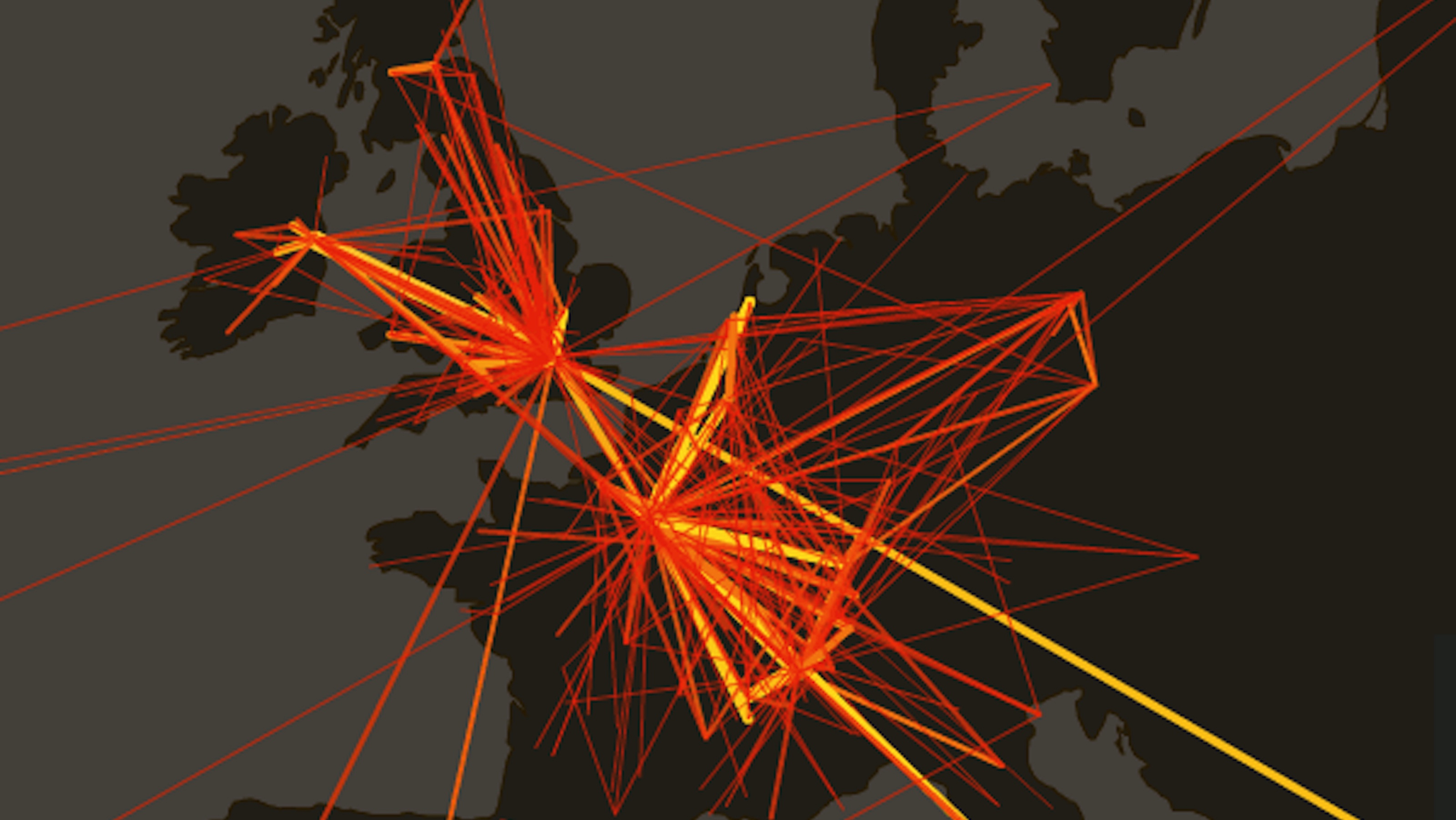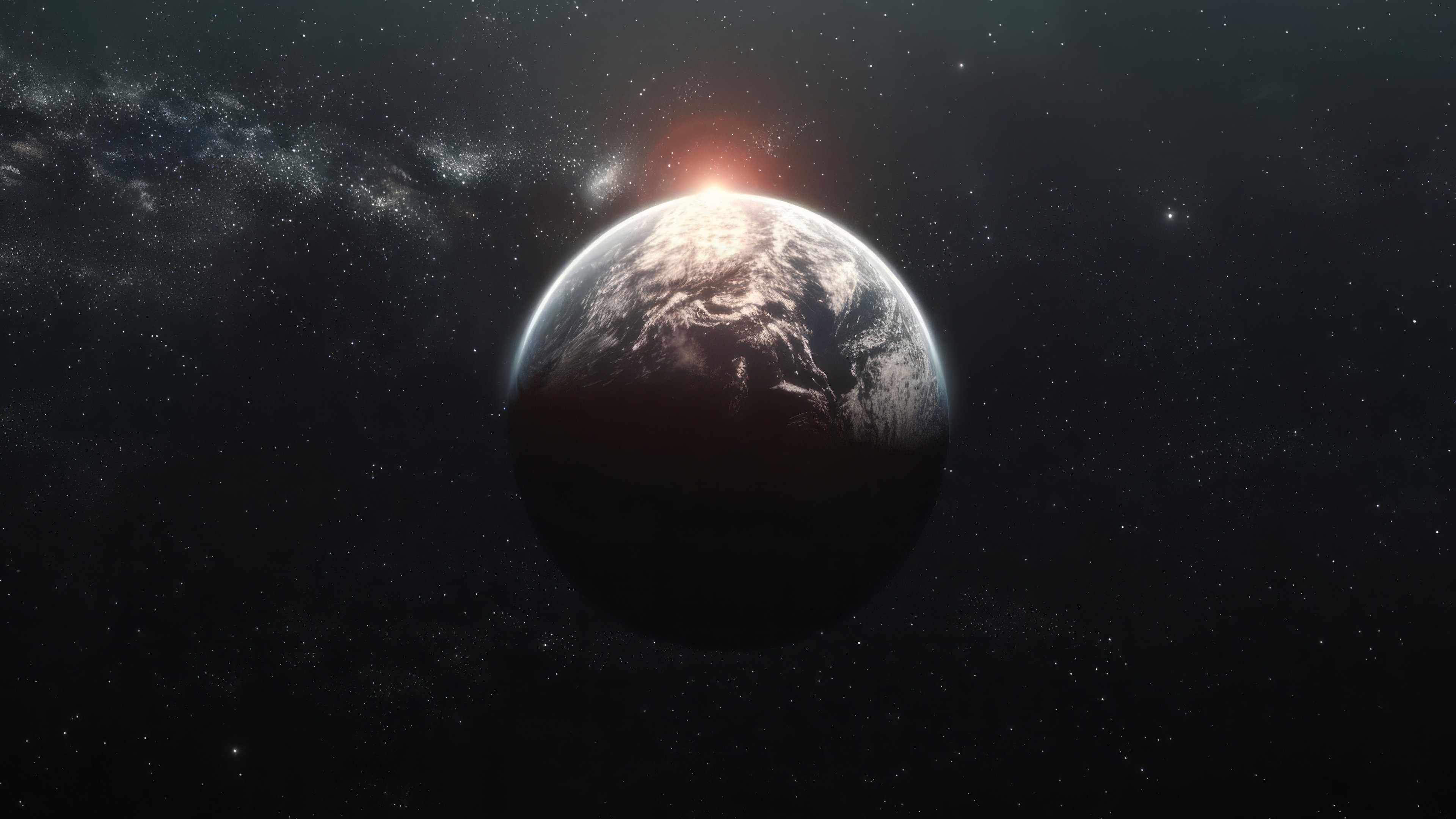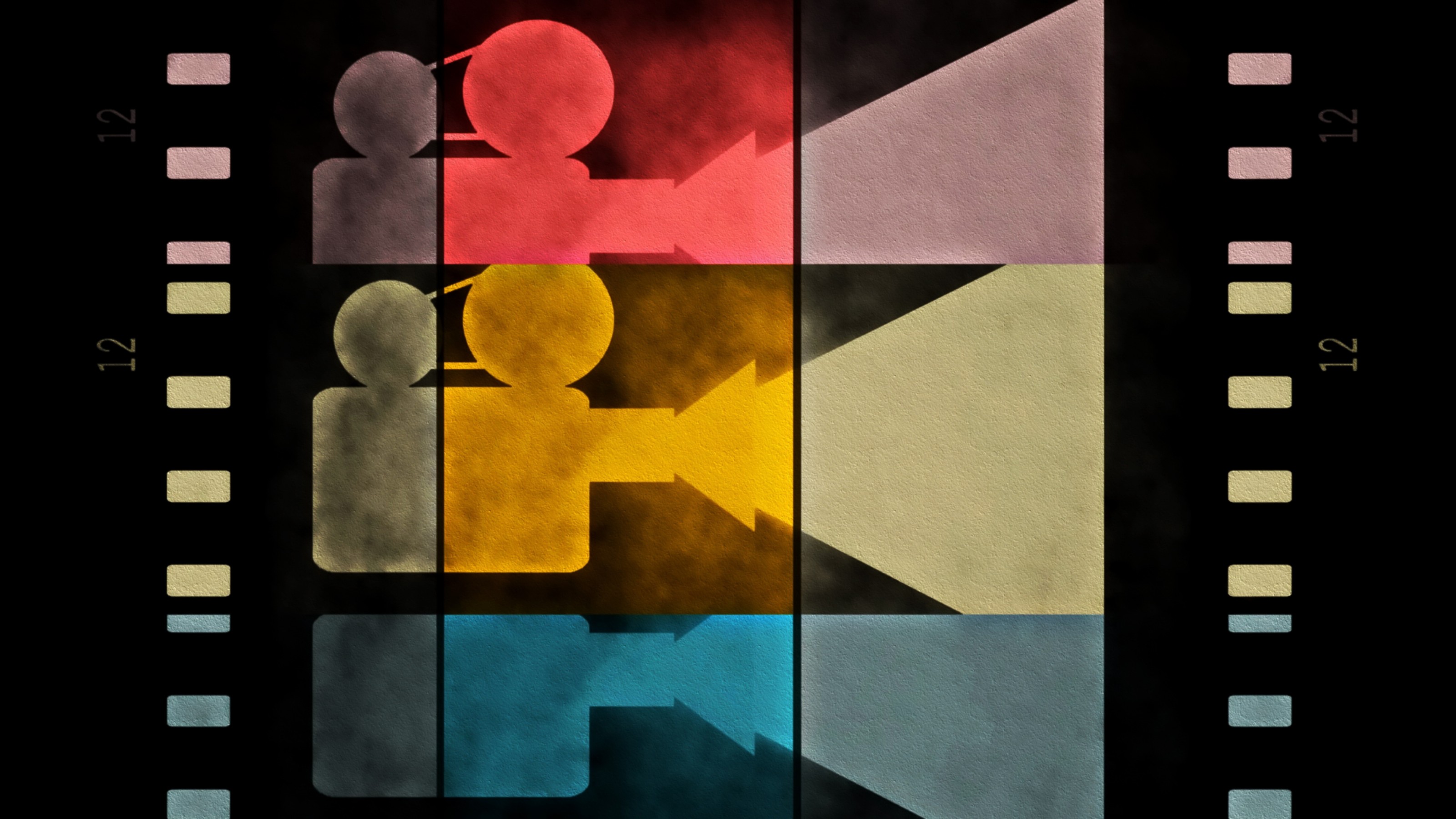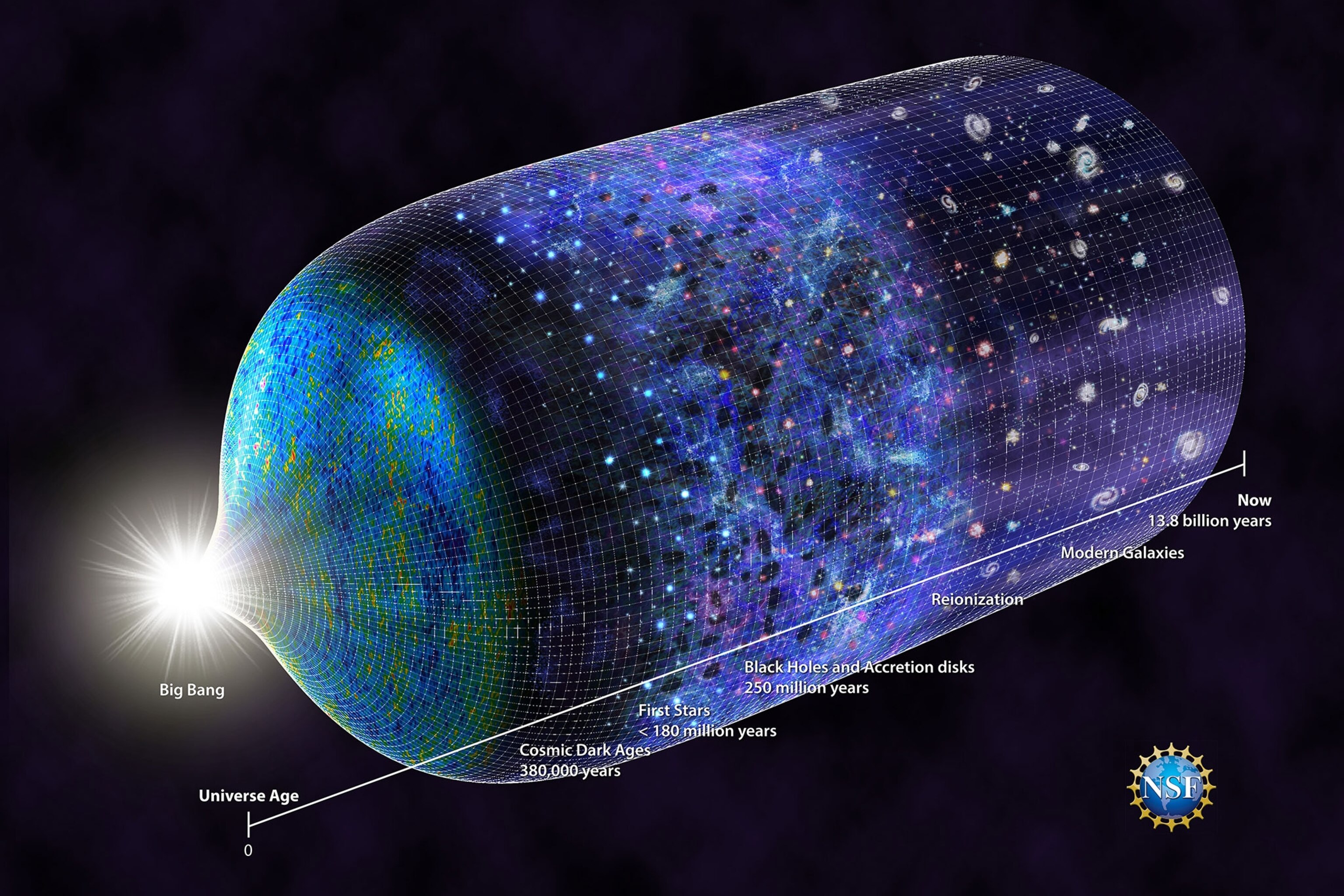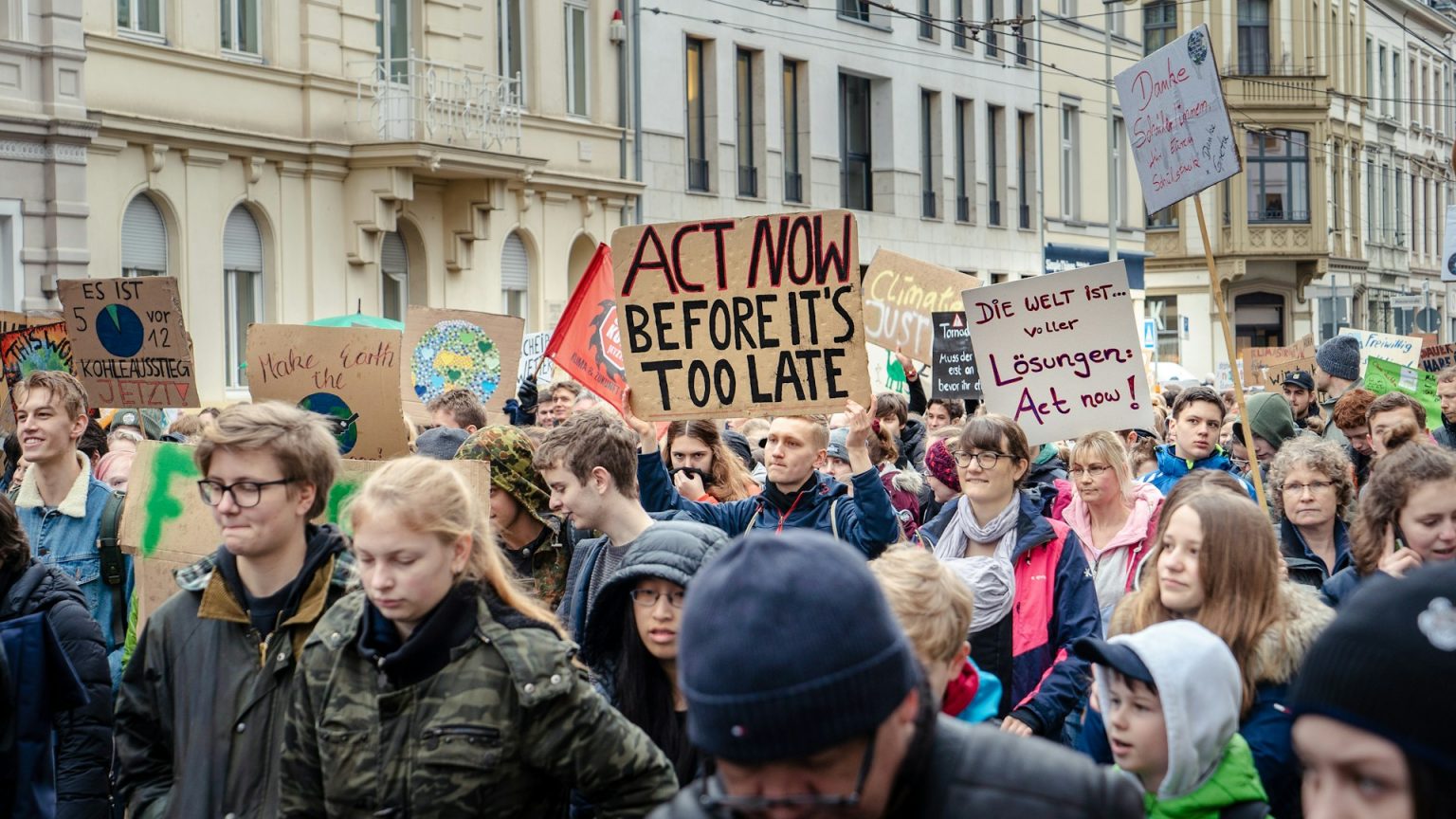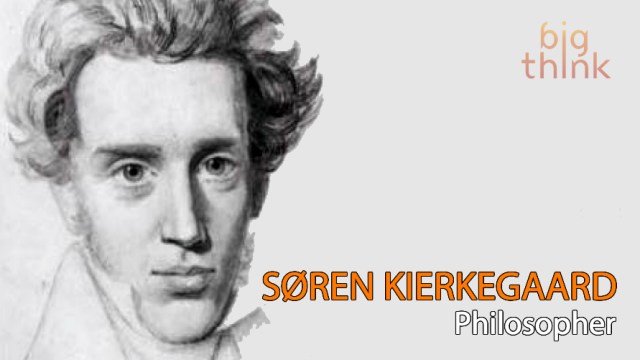How Will Robots Change Religion?
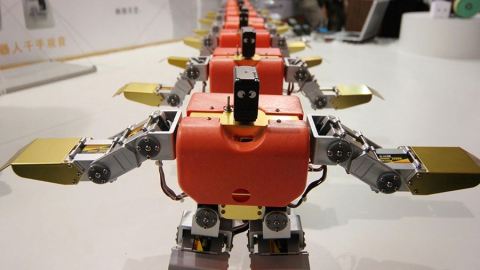
hitchBOT had big dreams. The hitchhiking robot was able to catch rides across Canada, Germany, and the Netherlands with no issue. Then he — well, his Ontario-based makers — decided it was time to see the States. Launching in Salem, Massachusetts, en route to San Francisco, hitchBOT cruised to Philadelphia when someone destroyed him. Another murder for ‘Merica.
But is it murder? The obvious answer is no, being that hitchBOT is not sentient. Yet how long will we be able to reply this way when the promise of AI draws nearer? Would Joaquin Phoenix say his relationship with Scarlett Johansson’s voice wasn’t real? Caleb seemed rather fooled by (and smitten with) Ava as well.
During a recent Joe Rogan podcast, actor/comedian Duncan Trussell recalled bringing up the consequences of AI with a Tibetan Buddhist monk. How will artificial intelligence affect the Buddhist notion of karma and reincarnation? The monk replied that the “stuff” of consciousness, even when artificially created, would join the merry-go-round and go along for the ride, a seamless insert from an unexpected source.
This reply seems out of necessity: Once you declare you’ve “figured it out,” as many religious and spiritual practitioners do, then you have to bend reality to fit the narrative you’ve subscribed to. Easier to slip a robot into the mix then question the nature of that belief to begin with. AI will throw a wrench into the notion of souls as well — does a robot need to surrender to Christ to reach heaven? While the notion sounds absurd, that’s more a function of the absurdity of metaphysics than the potential of AI.
Michael Schulson compares the closeness Phoenix felt in Her with the religious believer in his article on hitchBOT:
A believer might assume an intimacy with a god she can neither see nor hear, and whose essential nature she is unable to probe. You need not be an atheist to consider the anthropologically inflected perspective that believers project their ideas, desires, and expectations onto their objects of worship. And it is not foreign to theology, either, the idea that human beings might have created God in their own image.
It’s no surprise that programmers built hitchBOT to appear human-like; our vanity is not hidden, given that we think we “work” best. Most robots mimic us, and those that don’t often have “arm-like” or “leg-like” movements. We seek appendages in the clouds, craft sky origami with our biases. We believe the rotations of planets spin for us, therefore astrological occurrences must offer some level of significance.
We love ourselves to death, really.
Likewise, we constantly anthropomorphize our computers. Conversations on Facebook and Twitter are the equivalent of talking to ourselves, aloud. Not that that’s a bad thing; I’m fond of blurting out ideas and objections fully aware my cats aren’t understanding a word. Sure, they’ll get the emotional gist; content eludes them. It just offers the illusion of an audience.
The intimacy Schulson cited, once reserved for prayer, is also now public. Social media is wonderful for sharing information and witty puns worthy of Oscar Wilde. Over-sharing, however, is rampant: intimate love details (or lack thereof), daily personal struggles of affluence, dreams of contentment, the artless humblebrag. Our wrists rest on desk edges like our knees once leaned on pews.
AI, like religion, is a product of our brain. We use our imagination to create a mythology; if the mythology is taken seriously, it becomes a cult. The cult upsets a social balance and is either outcast or, in the span of generations if not centuries, convinces enough people that its story is valid. It becomes a religion, staring down at others like it was once gazed skeptically upon. The hunted becomes the hunter.
Darwin threw a cog in the religion of his time; incredibly he’s still debated today. AI will be the next wrench potentially destroying the underpinning of theologies. In fact, Christian fundamentalists appear to be more susceptible to feelings of disgust around robots due to uncanny valley sensitivity. An infinite regress will surely emerge as an explanation: God created humans created robots…
Consciousness is more difficult terrain to navigate than robotics, though. According to some faiths, it is our special gift. (Acknowledging that animals are conscious beings is still a relatively new fact many are grappling with.) What happens when we bestow that gift unto others? What will the man behind the curtain claim?
Hopefully, a saner, more rational approach to our “mission” here. As I was discussing with a friend regarding the merging of spiritual practice with science, even if Buddhism and quantum mechanics are related — who cares? Understanding meditation on a particle level might be fun head fodder, but the goals of meditation — learning how to not suffer and, hopefully, helping alleviate the suffering of others — are not going to be aided by this information.
Besides, we still have human nature to grapple with. If we can’t even help our toys hitchhike across a few states, what does that say about our moral dimension, the heart of religions throughout time? And if our toys do become conscious, will they help us out with our eternal predicament of bigotry, violence, and greed, or will they too fall victim to a belief in a great invisible hand in the sky tinkering with their software? Will we then be able to see we’ve been the ones inventing beliefs all along and finally take responsibility for what we’ve done with our time here?
Image: ChinaFotoPress / Contributor
